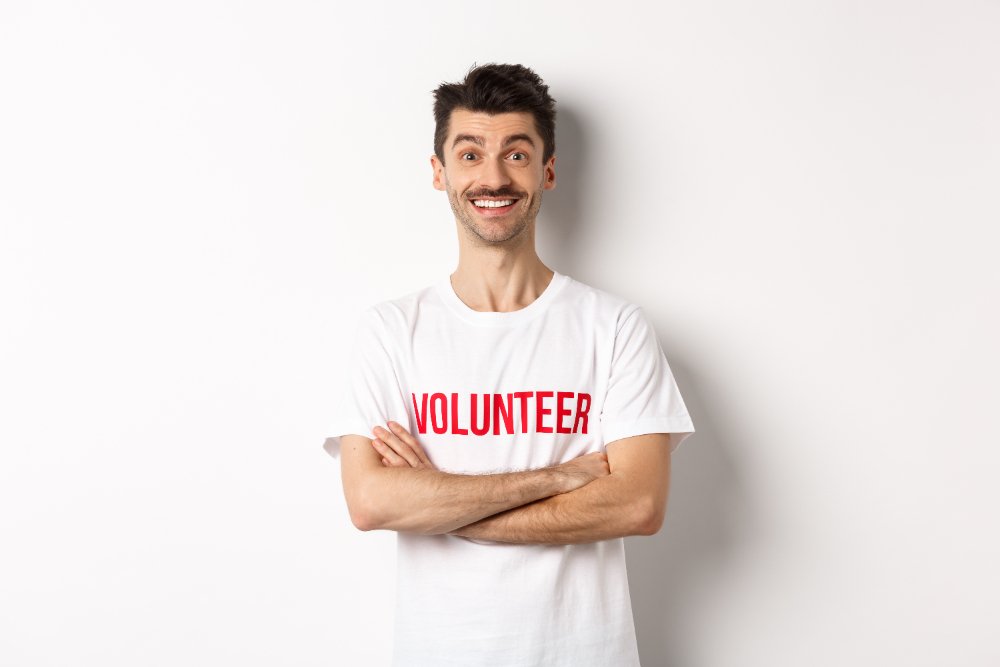Sports have the power to unite, inspire, and transform lives—but only when everyone has a fair shot at participating. For underserved communities, systemic barriers like limited funding, geographic isolation, cultural biases, and lack of representation often stand in the way. In this post, we’ll explore these challenges and celebrate programs that are paving the way for a more inclusive future in athletics.
Schools and leagues in low-income areas frequently face budget cuts, outdated facilities, and a lack of equipment. This creates a cycle where talented athletes never get the chance to develop their skills.
Urban and rural communities often lack safe parks, courts, or fields. Without these spaces, sports become a luxury rather than a right.
Girls, LGBTQ+ youth, and athletes with disabilities still battle stereotypes that discourage participation. For example, only 28% of youth coaches are women, limiting role models for young female athletes.
Decision-makers in sports organizations rarely reflect the diversity of the communities they serve, leading to policies that overlook marginalized groups.
Thankfully, innovative organizations are tackling these barriers head-on. Here are a few inspiring examples:
Nonprofits like Non for Profit Sports Organizations redistribute donated gear to schools and leagues in underserved areas, ensuring cost isn’t a barrier to play.
In cities like Detroit, collaborations between schools, local businesses, and nonprofits have revived abandoned lots into vibrant sports hubs.
Programs like the Special Olympics and Wheelchair Basketball Leagues prove that adaptive sports can thrive with the right support and visibility.
Organizations like Sports for Amateur Athletes champion equity by providing grants, mentorship, and resources to nonprofits focused on serving marginalized youth. Their work highlights how strategic partnerships can amplify access to sports in underserved communities.
Volunteer, donate, or advocate for nonprofits prioritizing equity.
Follow and share stories of athletes and coaches from underrepresented backgrounds.
Advocate for school districts and governments to allocate fair funding to community sports.






